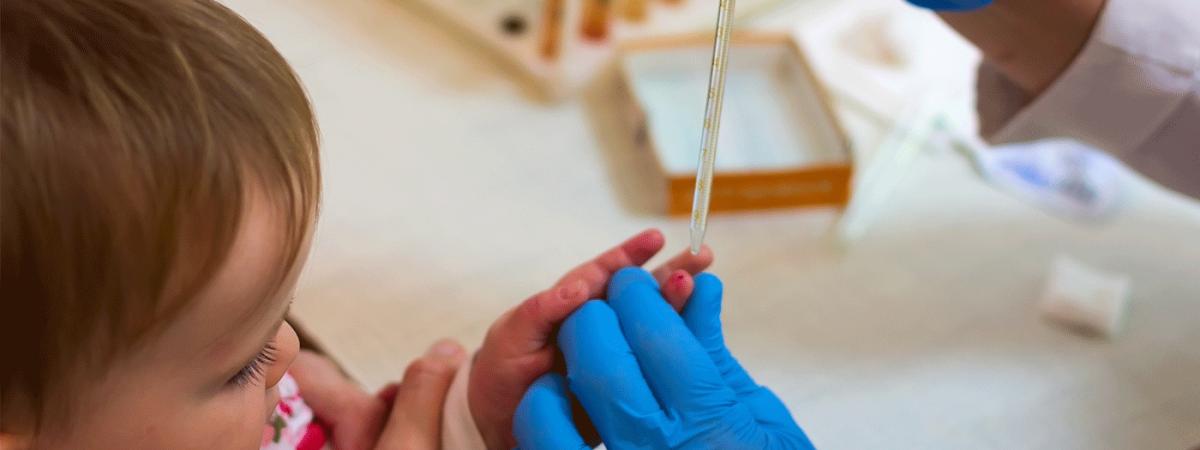The Frances Payne Bolton School of Nursing at Case Western Reserve University, bolstered by a grant from the Elisabeth Severance Prentiss Foundation, has launched a pilot program to help address what program director Marilyn “Lynn” Lotas called a “crisis of lead exposure among Cleveland’s children.”
The “Partners in Health” program is a collaboration of the School of Nursing, the Cleveland Metropolitan School District (CMSD), the City of Cleveland Department of Public Health and the MetroHealth School Health Program. The program seeks to increase the percentage of young Cleveland school children screened for dangerous blood-lead levels from the current level of about 33 percent to 80 percent by 2019.
"We have got to get these kids tested,” said Lotas, an associate professor at the school. “We are going to lose another generation if we cannot test and treat this group of children.”
The City of Cleveland ranks among the nation’s worst for childhood lead exposure, according to the Ohio Department of Health (ODH). Cleveland Mayor Frank Jackson has said he believes that testing the city’s children for lead is critical for early intervention.
Many children are not tested for lead or, if tested, are not treated. A 2015 ODH study reported that as many as 65 percent of children at risk for lead poisoning in the City of Cleveland were not screened for blood-lead levels. Among those screened, an average of nearly 13 percent had dangerous levels of lead in their blood, Lotas said.
“This partnership helps to ensure that students are not only being screened, but those that are identified as having high lead levels are properly referred and connected to necessary health services that will benefit both health and education outcomes,” said Vanessa Maier, medical director of MetroHealth’s School Health Program.
The goal of Partners in Health is to establish a sustainable program to annually test students from ages 3 to 5 years old enrolled in CMSD Pre-K and kindergarten programs. Children with high lead levels will be referred for further treatment as needed. The program will begin with three schools and grow each year.
"This is significant," said Deborah Aloshen, CMSD director of health and nursing services. "A whole community is coming together to help children who have been affected by exposure to lead."
Families of children with high lead levels will also receive information on how to reduce lead exposure in their home and will be referred for lead abatement in their house or apartment, where appropriate, Lotas said.




